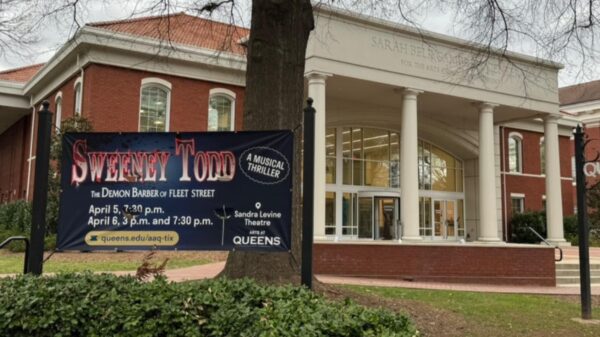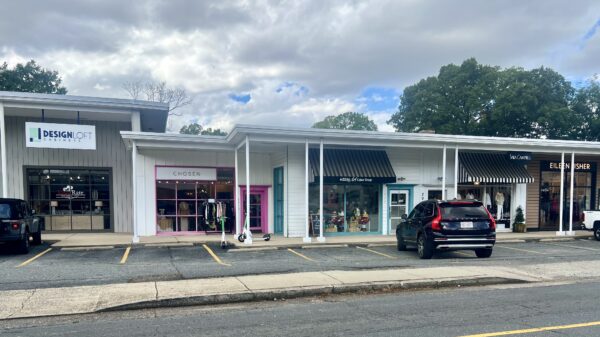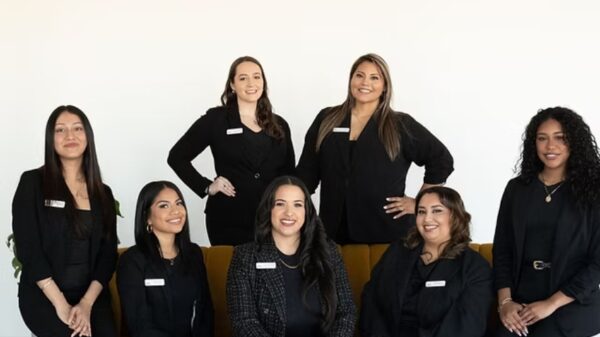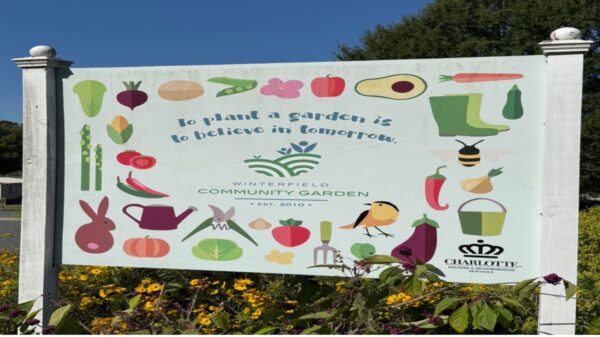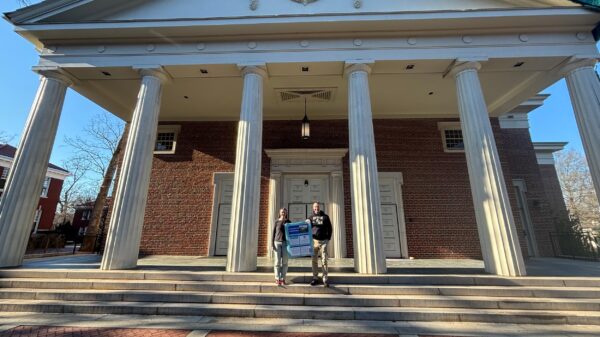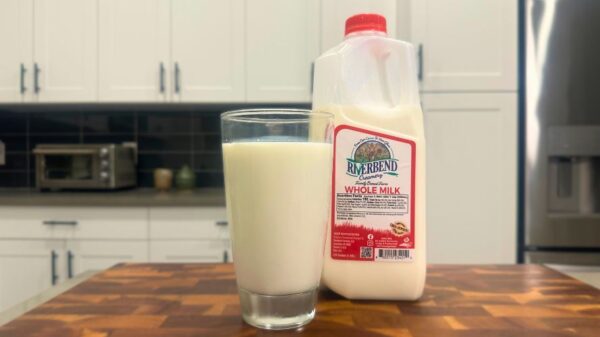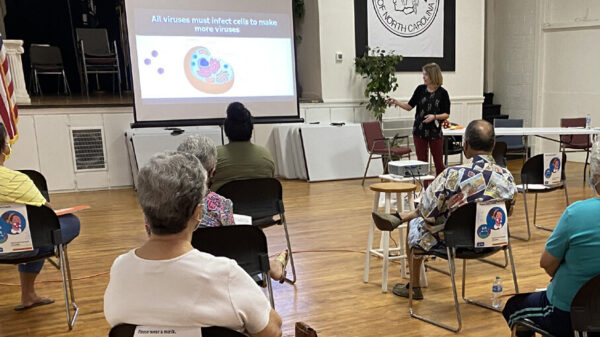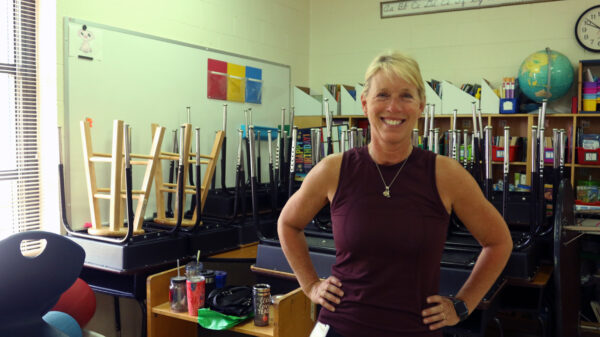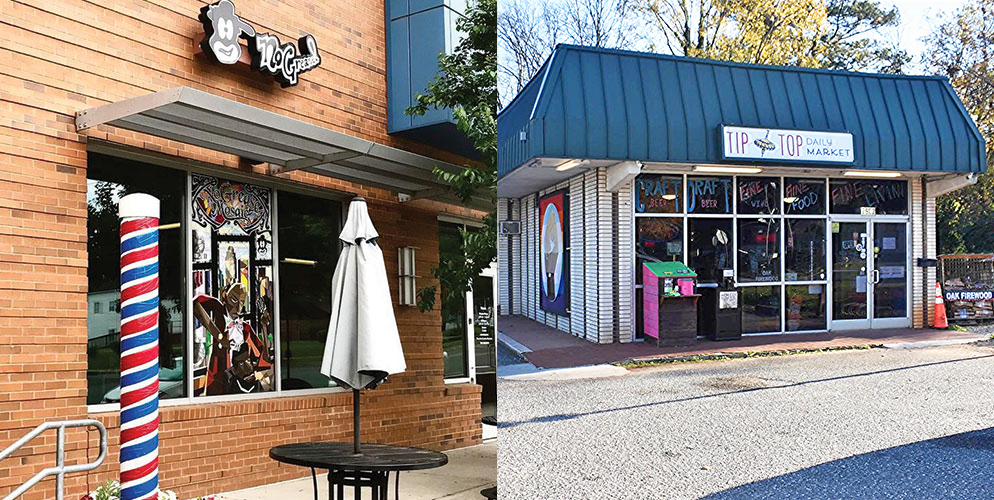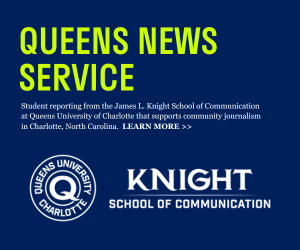As they struggle to survive COVID-19, small businesses on the east and west sides have begun giving each other advice on keeping the doors open.
The networking started with a new community initiative, Key in CLT, designed to help small businesses thrive through the pandemic. It receives federal funding through the CARES act.
They’re focusing on Charlotte’s so-called “crescent,” which includes lower-income communities stretching through west, north and east Charlotte. The “wedge” includes wealthier communities in south Charlotte.
“With the pandemic, there was a pressing need to bring both the west part of the crescent and the east side of the crescent together,” J’Tanya Adams, president of Historic West End Partners and one of the leaders of the program, said recently.
“The East Side and West Side complement each other very well. In the West Side — they’re already survivalists,” Adams said. “They’re minimalists because they have had to live a very frugal existence for many years.
“The West Side is able to speak to how to keep the doors open,” Adams said. “When times are slim and the margins are slim, you have to have a more positive outlook as you’re going through that. This is something that unfortunately they’re accustomed to, that they have actually mastered how to survive and thrive.”
The definition of success looks similar throughout the crescent, said one of Adams’ collaborators on the project, Clifton Castelloe, president of the Plaza Midwood Merchants Association. Key in CLT wants to provide resources to help small business owners transition and thrive, he said. “Ideally, that starts with keeping their doors open,” he said, and ends with thriving in a post-pandemic world.
Jason Michel, owner of a small grocery called the Tip Top Daily Market in Plaza Midwood, said he picked up tips on COVID-19 safety, sanitation and environmental practices from David Powell, who now owns the Charlotte franchise of No Grease barber shops on Charlotte’s west side. Michel, Powell, and other small business owners networked with each other during three months of workshops that concluded in January.
The business owners talked weekly about issues including management, employees, point of sale, cost of operations, and bookkeeping, Michel said.
“It was a wonderful, open, safe place for us to be vulnerable and share, across all sorts of socioeconomic categories. It was an intentionally diverse group of people, which I really appreciate,” Michel said.
The initiative surveyed more than 200 businesses that indicated a need for support. That level of interest far exceeded their goal of helping 100 businesses, Castelloe said.
The program wants to do more than provide education and information, Adams said. It also wants to help small businesses perform better for the long term.
“That would be our task,” Adams said. “To understand that this is an ongoing work, it’s not a one-and-done situation. We need everyone who is in a position of influence, and can also garner the needed finances and resources to be implemented, to continue to stay engaged.”
Knyia McClean
-
Palmer Magri of Charlotte, North Carolina, is the former managing editor of the Queens University News Service. A multimedia storytelling major, Palmer is a 2024 magna cum laude graduate of the James L. Knight School of Communication. During her four years as an undergraduate, she reported, wrote, edited, produced video, and managed content for the news service.
View all posts

